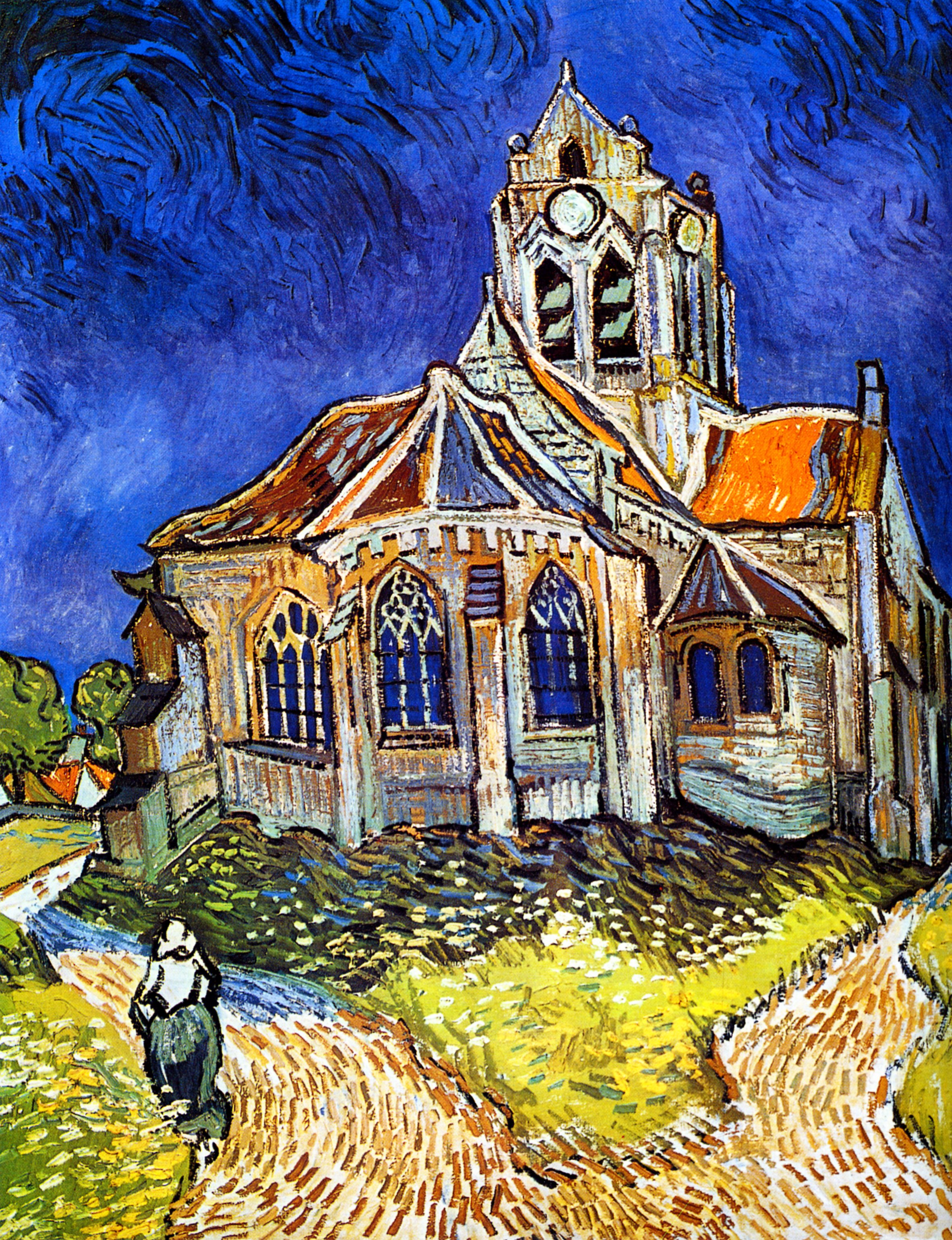Who Wins the Battle?
As far back as history records, there were battles when the weaker force defeated the stronger force. Why?
On October 10, 732, Abdul Rahman Al Ghafiqi led his Umayyad army of 20,000 troops into battle against Charles Martel, King of the Franks. Charles brought an army of 15,000 to Tours (in west central France) to stop the Muslim army from further advances into Europe. The Muslims had already conquered Northern Africa and the Iberian peninsula, which had been Christian strongholds. Ghafiqi had a seasoned cavalry; Charles had only infantry. The Umayyad troops had broken through the Frankish lines and tried to kill Charles, but when the Umayyad troops learned that Frank scouts were looting their camp, they broke off from the battle to protect their treasures. The Umayyad army fled with as much treasure as they could carry, but they left tents and other loot behind. Most historians agree that Charles’ victory at Tours preserved Europe as a bastion of Christianity. Why did Charles win the battle?
When the War of Independence began, the cause of the Americans looked hopeless. They were a loose confederation of colonies taking on the world’s foremost empire. But strange things happened in that war. France joined the American cause. An uprising in India prevented the British from fully engaging in the American conflict. The war shifted away from a stalemate in the northern colonies to a guerilla, hit and run conflict in the South. When French and American forces surrounded Cornwallis at Yorktown, instead of attacking, he waited on Clinton (the English general, not the ex-president) to bring re-enforcements from New York. Five days after Cornwallis’ surrender, the British re-enforcements finally arrived. Imagine an America bound by British customs and thought. The Anglican church would have remained the established church. There would have been no separation of church and state. Most likely there would have been no Second or Third Great Awakening, no Azusa Street Revival, no Billy Graham. Why did the Americans win that war?
From July to October 1940, the German Air Force battled the Royal Air Force over the Island of Britain. The German goal was to force Britain to a negotiated peace settlement. The Germans began the battle with 2,550 aircraft; the British, 1,963. When the battle ended, the Germans had lost 1,977 aircraft, the British, 1,744 – almost all of their planes. Yet Germany withdrew from the battle field, to focus on the looming attack of Russia, but failing ultimately to force the British to accommodate their war aims. Had they succeeded, Russia would have been conquered by the Germans. Millions more would have been killed in Hitler’s genocide plans. Britain would have become a vassal state of Germany instead of an ally of the United States. Though Hitler paid lip service to a version of Christianity favoring the Aryan race, he was at heart an atheist. Imagine a world sixty years later with an atheistic state ruling over all of Europe and Russia. Why did Britain win the battle?
Could it be that behind these battles and wars, another hand was at work, the hand of God? Could it be that God caused confusion in an army, poor decisions by a commander, and a failure of focus by a dictator? Could it be that God intervenes in the affairs of a nation so his will is done?
This is not to suggest that every victorious army was righteous; war seldom has clean cut morality. We cannot always say, “God is on the side of the victor.” But neither can we say a nation was “lucky.” This is why we need to read the prophets. God worked through pagan kings and kingdoms to bring about his will, even if it meant his own people would lose the war. God still works through nations, leaders, armies and wars.
Psalm 33:10-11 says, “The Lord foils the plans of the nations; he thwarts the purposes of the peoples. But the plans of the Lord stand firm forever, the purposes of his heart through all generations.” Whatever plan a nation makes that is not in harmony with the will of God will fail. God will not just oppose that plan; he will sabotage that plan with all his power and might. God wants his will done not just in our hearts, but on the world stage.
Which means a wise nation prays, “Father, not our will, but yours be done.”
I wonder how many politicians, campaign contributors, lobbyists, voters, and candidates are praying for God’s will to be done? Are you?




















